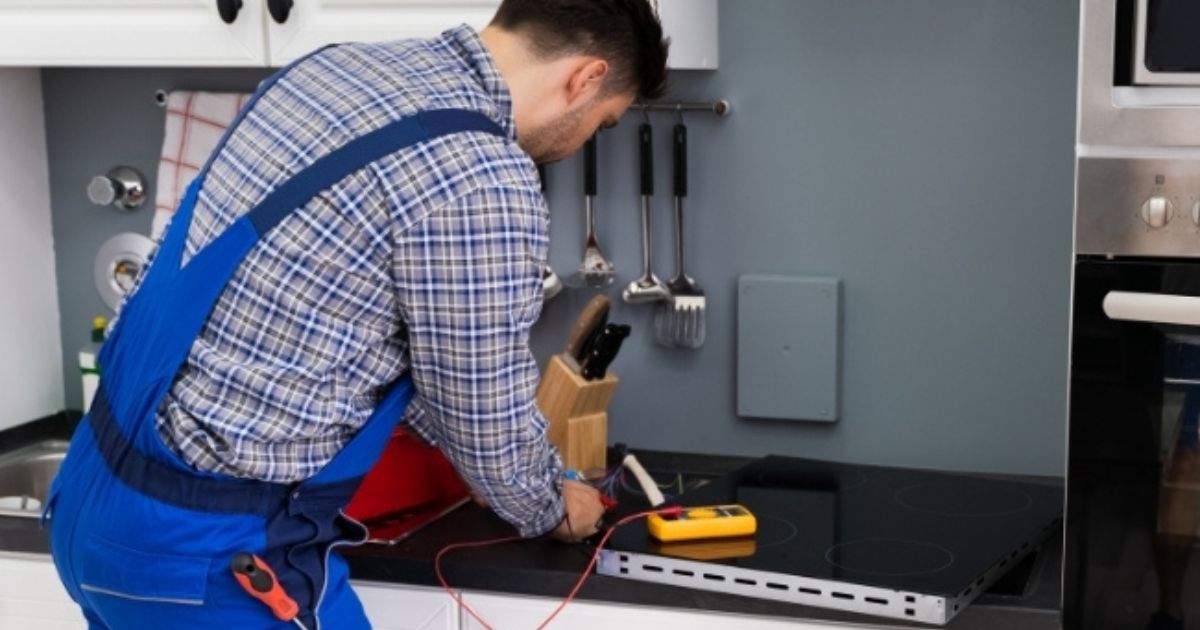

Articles
Why Does My Induction Cooktop Keeps Beeping
Modified: May 6, 2024
Discover the reasons behind your induction cooktop's constant beeping with our informative articles. Get solutions and troubleshooting tips to solve this common issue.
(Many of the links in this article redirect to a specific reviewed product. Your purchase of these products through affiliate links helps to generate commission for Storables.com, at no extra cost. Learn more)
Introduction
An induction cooktop is a modern and efficient alternative to traditional stovetops. It uses electromagnetic technology to directly heat the cooking vessel, making it faster and more energy-efficient. However, like any appliance, induction cooktops can sometimes experience issues that can be frustrating and confusing for users.
One common issue that users encounter is a beeping sound coming from the induction cooktop. This constant beeping can disrupt your cooking experience and leave you wondering what could be causing it. In this article, we will explore the reasons why your induction cooktop keeps beeping and provide potential solutions to resolve the problem.
Understanding the inner workings of induction cooktops is essential in diagnosing the beeping issue. Induction cooktops utilize a magnetic field to generate heat, heating the cookware directly without heating the surface of the cooktop itself. This technology offers several benefits, including faster heating times, precise temperature control, and improved energy efficiency.
Now, let’s delve into some common reasons why your induction cooktop might be repeatedly beeping.
Key Takeaways:
- Induction cooktops may beep due to overheating, incompatible cookware, power supply issues, or sensor malfunctions. Troubleshooting steps include checking for obstructions, resetting the cooktop, examining cookware compatibility, verifying the power supply, and contacting customer support if needed.
- Proper maintenance, cookware selection, and power supply management are crucial in preventing and resolving beeping issues with induction cooktops. Following manufacturer guidelines and seeking professional assistance when necessary can ensure a hassle-free cooking experience.
Understanding Induction Cooktops
To better understand why your induction cooktop is beeping, it’s important to have a basic understanding of how induction cooktops function. Unlike traditional stovetops that rely on direct heat, induction cooktops use electromagnetic induction to heat the cooking vessel.
Induction cooktops consist of a ceramic surface with built-in coils underneath. When the cooktop is turned on, an alternating electric current passes through the coils, producing a magnetic field. This magnetic field interacts with the cookware made of ferromagnetic material, such as cast iron or certain types of stainless steel.
The magnetic field induces electrical currents in the cookware, which in turn generate heat. This heat is then transferred to the food inside the cookware, allowing for efficient and precise cooking.
Since induction cooktops only heat the cookware and not the surface of the cooktop, they offer numerous advantages. For one, they heat up faster than traditional stovetops, significantly reducing cooking time. Additionally, induction cooktops provide precise temperature control, allowing for more consistent and accurate cooking results.
Moreover, induction cooktops are highly energy-efficient, as they only generate heat where it’s needed. This means less wasted energy and lower utility bills. They also offer a safer cooking experience, as the cooktop itself remains relatively cool during operation, reducing the risk of burns.
Now that we have a better understanding of how induction cooktops work, let’s explore some common reasons why they may emit a beeping sound.
Common Reasons for Beeping
If your induction cooktop is continuously beeping, there are several potential reasons for this issue. Let’s take a closer look at some of the common causes of the beeping sound:
- Overheating Issues: Induction cooktops are equipped with sensors that monitor the temperature of the cookware and the cooktop itself. If the cookware becomes too hot or if the cooktop detects excessive heat, it may trigger an alert by emitting a beeping sound. This is a safety feature designed to prevent damage and ensure safe operation.
- Cookware Compatibility: Induction cooktops require cookware made of ferromagnetic materials to work effectively. If your cookware is not compatible with induction technology, the cooktop may produce a beeping sound to indicate that the cookware is not suitable.
- Power Supply Problems: The beeping sound could also be an indication of a power supply issue. If the induction cooktop is not receiving a stable and sufficient power supply, it may emit a beeping sound. This can occur due to electrical fluctuations or other power-related issues.
- Sensor Malfunction: In some cases, a malfunctioning sensor within the induction cooktop could be the cause of the continuous beeping. If the sensor is not accurately detecting the temperature or other parameters, it may trigger the alert system, resulting in the beeping sound.
These are just a few common reasons why your induction cooktop may be beeping. It’s important to note that the specific cause of the beeping can vary depending on the make and model of your cooktop.
In the next sections, we will provide troubleshooting steps to help you resolve the beeping issue with your induction cooktop. Keep in mind that if the problem persists or if you are unsure about performing any troubleshooting steps, it’s best to consult the manufacturer’s instructions or contact customer support for assistance.
Overheating Issues
One of the common reasons why an induction cooktop may beep is due to overheating. Induction cooktops are designed with safety features that monitor the temperature of the cookware and the cooktop surface. If the temperature exceeds a certain threshold, the cooktop will emit a beeping sound to alert you of the potential risk.
Several factors can contribute to overheating, including:
- High Heat Setting: If you are cooking on a high heat setting for an extended period, the cookware and the cooktop surface can become too hot, triggering the beeping alert. To avoid this, consider adjusting the heat setting to a lower level or using a lower heat option for prolonged cooking times.
- Restricted Airflow: Another common cause of overheating is inadequate airflow around the cookware. Make sure that the area around the cooktop is clear and not obstructed by objects that could restrict airflow. This includes removing any tall items or blocking vents on the cooktop itself.
- Improper Pan Size: Using a cookware size that is larger than the designated cooking zone can also lead to overheating. Make sure to use cookware that is appropriate for the size of the cooking zone on the induction cooktop. Using undersized cookware can also result in excessive heat transfer, leading to overheating.
- Insufficient Heat Dissipation: If the heat generated by the induction cooktop is not adequately dissipated, it can cause overheating. This can happen if the cooktop is installed too close to other appliances or if it is placed in a confined space without proper ventilation. Ensure that there is enough space around the cooktop for heat to dissipate effectively.
If your induction cooktop is beeping due to overheating, there are a few steps you can take to address the issue:
- Turn off the cooktop and allow it to cool down. This will give the cooktop time to return to a safe temperature and reset the internal sensors.
- Inspect the cookware you are using. Ensure that it is suitable for induction cooking and that it is in good condition. Damaged or warped cookware can lead to uneven heat distribution, causing the cooktop to overheat.
- Check for any obstructions that may be blocking the airflow around the cooktop. Clear any items that are obstructing the vents or blocking the natural flow of air.
- Consider using cookware with better heat-conducting properties. Opt for cookware made of materials specifically designed for induction cooking, such as stainless steel or cast iron.
By following these steps and taking proper precautions, you can help prevent overheating issues and minimize the beeping alerts from your induction cooktop.
Cookware Compatibility
Another common reason for a beeping induction cooktop is cookware compatibility. Induction cooktops work by creating a magnetic field that interacts with the cookware, generating heat. However, this requires the cookware to be made of ferromagnetic materials, such as cast iron or certain types of stainless steel.
If your cookware is not compatible with induction technology, the cooktop may emit a beeping sound to indicate that the cookware is not suitable. This can occur if the cookware is made of non-magnetic materials like aluminum, copper, or glass.
To determine if your cookware is compatible with induction cooking, you can perform a simple test. Place a magnet on the bottom of the cookware. If the magnet sticks firmly to the bottom, it indicates that the cookware is made of a compatible material. If the magnet does not stick, it means that the cookware is not suitable for use on an induction cooktop.
Using incompatible cookware can not only trigger the beeping alert but also lead to inefficient cooking. Without proper compatibility, the cookware may not heat up or distribute heat evenly, resulting in subpar cooking results.
If you find that your cookware is not compatible with induction cooking, you have a few options:
- Invest in Induction-Compatible Cookware: Consider purchasing a new set of cookware specifically designed for induction cooktops. Look for cookware labeled as “induction-compatible” or with a specific mention of being suitable for use on induction cooktops. This will ensure optimal performance and prevent the beeping issue.
- Use an Induction Interface Disk: If you have non-compatible cookware that you still want to use on your induction cooktop, you can use an induction interface disk. This disk acts as a bridge between the cookware and the induction cooktop, allowing the magnetic field to transfer heat to the cookware. The beeping issue should be resolved when using the interface disk.
- Replace Cookware with Compatible Alternatives: If you prefer not to invest in new cookware or use an interface disk, you can replace your non-compatible cookware with induction-compatible alternatives. Look for cookware made of magnetic materials like cast iron or stainless steel that will work seamlessly on your induction cooktop.
Ensuring proper cookware compatibility is essential for both efficient cooking and eliminating the beeping alerts from your induction cooktop. By using cookware specifically designed for induction technology or employing an interface disk, you can enjoy hassle-free cooking without any compatibility issues.
Read more: Why Does My Vtech Baby Monitor Keep Beeping
Power Supply Problems
If your induction cooktop keeps beeping, it could be an indication of power supply problems. Induction cooktops require a stable and sufficient power supply to function properly. Any issues with the power source can result in the induction cooktop emitting a beeping sound.
Here are some common power supply problems that may cause the beeping issue:
- Electrical Fluctuations: Variations in the electrical supply can trigger the beeping sound. Fluctuations in voltage or sudden power surges can disrupt the functioning of the cooktop and cause it to emit the alert. Consider checking your electrical connections and ensuring they are secure.
- Power Interruptions: If there are frequent power interruptions or power outages, the induction cooktop may beep as a result. When the power is restored, the cooktop may automatically activate its alert system to notify you of the interruption.
- Insufficient Power Capacity: Induction cooktops require a specific power capacity to operate effectively. If the power supply to the cooktop is insufficient, it may trigger the beeping alert. It is important to ensure that the cooktop is connected to a dedicated electrical circuit that meets the recommended power requirements.
- Wiring Issues: Faulty or damaged wiring can also lead to power supply problems. Faulty connections, loose wires, or damaged cables can disrupt the power flow to the cooktop and cause it to emit the beeping alert. If you suspect wiring issues, it is advisable to consult a qualified electrician for inspection and repairs.
To troubleshoot power supply problems with your induction cooktop, you can take the following steps:
- Ensure that the cooktop is properly connected to a grounded electrical outlet. Check that the power cord is securely plugged in.
- Check the circuit breaker or fuse box to ensure that the circuit serving the cooktop is not tripped or experiencing any issues.
- If you are experiencing frequent power interruptions, consider using a surge protector or an uninterruptible power supply (UPS) to provide a more stable power supply to the induction cooktop.
- If you suspect wiring problems, it is best to seek professional help. Contact a licensed electrician to inspect the electrical connections and wiring in your home to ensure they are in good condition.
By addressing power supply problems and ensuring a stable electrical connection, you can resolve the beeping issue with your induction cooktop. If the problem persists even after troubleshooting, it is recommended to contact customer support or seek professional assistance to diagnose and resolve the issue.
Sensor Malfunction
If your induction cooktop continues to beep, even after addressing overheating and power supply issues, it is possible that there may be a malfunction with one of the sensors in the cooktop. Induction cooktops are equipped with various sensors that monitor parameters such as temperature, cookware presence, and cooking activity. When these sensors detect an anomaly or malfunction, they may trigger the cooktop to emit a beeping sound.
Here are some potential reasons for a sensor malfunction:
- Sensor Calibration Issues: Over time, the sensors in the cooktop may go out of calibration, resulting in inaccurate readings or false alerts. This can happen due to normal wear and tear or even due to power surges. If the sensor is not functioning correctly, it may continuously beep or provide incorrect temperature readings.
- Physical Damage: Physical damage to the cooktop, such as impact or excessive force, can lead to sensor malfunctions. If a sensor is damaged, it may not provide accurate readings or fail to detect certain parameters, resulting in beeping alerts.
- Moisture or Liquid Spills: Water or other liquids spilling onto the sensor area can interfere with its proper functioning. Moisture or liquid ingress can cause the sensors to malfunction, leading to beeping sounds. It is important to keep the cooktop clean and dry to prevent any liquid damage to the sensors.
- Internal Component Issues: Malfunctions can also occur due to internal component issues within the cooktop. This can include faulty wiring, damaged circuit boards, or other electrical faults. These internal issues can disrupt the proper functioning of the sensors and trigger the beeping alerts.
If you suspect a sensor malfunction in your induction cooktop, follow these troubleshooting steps:
- Turn off the cooktop and unplug it from the power source. This will ensure safety and prevent any accidental activation.
- Clean the cooktop surface and sensor area thoroughly. Use a soft cloth or sponge to remove any dirt, debris, or liquid spills. Ensure that the sensor area is completely dry before proceeding.
- Allow the cooktop to cool down completely. Sometimes, excessive heat can cause temporary sensor malfunctions. After the cooktop has cooled down, plug it back in and turn it on to see if the beeping persists.
- If the beeping continues, it is recommended to contact the manufacturer’s customer support or a qualified technician. They will be able to diagnose and repair any sensor-related issues or determine if there are any internal component problems within the cooktop.
Troubleshooting a sensor malfunction requires technical expertise, and it is advised to seek professional help if you are unsure or uncomfortable performing the troubleshooting steps yourself. By addressing any sensor malfunctions, you can resolve the beeping issue and ensure the proper functioning of your induction cooktop.
Troubleshooting Steps
If your induction cooktop keeps beeping, it can be frustrating and disruptive to your cooking experience. While the specific cause of the beeping can vary, there are several troubleshooting steps you can take to try and resolve the issue. Let’s walk through these steps:
Step 1: Check for Obstructions
Start by ensuring that there are no obstructions around the cooktop. Objects or cookware placed too close to the cooktop can interfere with its proper functioning and trigger the beeping alert. Clear the area around the cooktop to ensure there is enough space for proper ventilation and airflow.
Read more: Why Does My Yale Door Lock Keep Beeping
Step 2: Reset the Cooktop
Try resetting the induction cooktop to see if it resolves the beeping issue. Turn off the cooktop and unplug it from the power source. Leave it unplugged for a few minutes, then plug it back in and turn it on. This can help reset any temporary glitches or errors within the cooktop.
Step 3: Examine Cookware Compatibility
Check if your cookware is compatible with induction cooking. Only certain types of cookware, usually made of ferromagnetic materials like cast iron or magnetic stainless steel, are suitable for use on an induction cooktop. Non-compatible cookware can lead to beeping alerts. Ensure that your cookware is induction-compatible or consider using an induction interface disk.
Step 4: Verify Power Supply
Make sure that the cooktop is receiving a stable and sufficient power supply. Check the power cord and connections to ensure they are securely plugged in. Confirm that the circuit serving the cooktop meets the recommended power capacity. Additionally, rule out electrical fluctuations or interruptions that could be causing the beeping sound. Consider using a surge protector or UPS to provide a more stable power supply.
Step 5: Contact Customer Support
If you have followed the above troubleshooting steps and the beeping issue persists, it is advisable to contact customer support for further assistance. Provide them with details about the problem, any error codes displayed on the cooktop (if applicable), and the steps you have already taken to troubleshoot. They can provide expert guidance and identify any underlying issues with the cooktop that require professional attention.
Remember, if you are uncomfortable performing any troubleshooting steps or if the cooktop is still under warranty, it is best to consult the manufacturer’s instructions or contact customer support before attempting any repairs yourself.
By following these troubleshooting steps and seeking appropriate assistance when needed, you can potentially resolve the beeping issue with your induction cooktop and restore its proper functionality.
Step 1: Check for Obstructions
One of the first troubleshooting steps to take when your induction cooktop keeps beeping is to check for any obstructions around the appliance. Objects or cookware placed too close to the cooktop can interfere with its proper functioning and trigger the beeping alert.
Here are some things to consider when checking for obstructions:
- Cookware Placement: Ensure that your cookware is positioned correctly on the cooking zone. The base of the cookware should be centered within the designated heating area on the cooktop. If the cookware is positioned unevenly or partially off the cooking zone, it can trigger the beeping alert.
- Clearance: Check that there is enough space around the cooktop for proper ventilation and airflow. Remove any objects or items that are obstructing the vents or blocking the natural flow of air. This includes clearing away tall items, such as utensil holders or other appliances, that are near the cooktop.
- Cleanliness: Keep the cooktop area clean and free of any debris, spills, or food particles. These can obstruct the sensors or vents, causing the cooktop to function improperly and emit the beeping sound. Regularly wipe down the cooktop surface and remove any buildup or residue.
- Avoid Overhanging Cabinets: If your cooktop is installed underneath cabinets, ensure that there is enough clearance between the cooktop surface and the cabinets. Overhanging cabinets that are too close to the cooktop can restrict the ventilation and airflow, leading to overheating and potential beeping alerts.
- Proper Ventilation: Check that the ventilation system above the cooktop, such as a range hood or an exhaust fan, is functioning correctly. A malfunctioning or blocked vent can hinder the airflow around the cooktop, causing it to overheat and trigger the beeping sound.
By checking for any obstructions and ensuring proper clearance and ventilation, you can help prevent the beeping alert on your induction cooktop. If you discover any obstructions during this troubleshooting step, remove them and see if the beeping issue resolves. If the problem persists, continue with the next troubleshooting step.
Step 2: Reset the Cooktop
If your induction cooktop continues to beep, even after checking for obstructions, the next step in troubleshooting is to reset the cooktop. Resetting the cooktop can help resolve any temporary glitches or errors that may be causing the beeping sound.
Follow these steps to reset your induction cooktop:
- Turn off the Cooktop: Make sure the cooktop is turned off by pressing the power button or turning the control knob to the “off” position. Allow the cooktop to cool down before proceeding.
- Unplug the Cooktop: Locate the power cord at the back of the cooktop and unplug it from the electrical outlet. Leave the cooktop unplugged for at least one minute.
- Plug in the Cooktop: After a minute has passed, plug the cooktop back into the electrical outlet. Ensure that the power cord is securely inserted into the outlet.
- Turn on the Cooktop: Once the cooktop is plugged in, turn it back on by pressing the power button or adjusting the control knob. Wait for the cooktop to initialize and start up.
- Test for Beeping: Once the cooktop has reset, check if the beeping sound has stopped. Monitor the cooktop during operation to see if the issue persists. If the beeping continues, proceed to the next troubleshooting step.
By performing a reset, you give the cooktop a chance to reset its internal settings and eliminate any temporary errors or malfunctions. This can often resolve minor issues and bring the cooktop back to normal functionality.
If the beeping sound persists even after resetting the cooktop, move on to the next step in the troubleshooting process. Remember, if you are uncomfortable performing any of these steps or if the cooktop is still under warranty, it is best to consult the manufacturer’s instructions or contact customer support for further assistance.
Check if there are any error codes displayed on the cooktop. Beeping can indicate overheating, improper cookware, or a malfunction. Refer to the user manual for troubleshooting steps.
Step 3: Examine Cookware Compatibility
If your induction cooktop continues to beep, it is important to examine the compatibility of your cookware. Induction cooktops require cookware made of ferromagnetic materials to work effectively. The magnetic field generated by the cooktop interacts with the cookware, heating it up and cooking the food inside.
Here’s how you can examine your cookware for compatibility:
- Check for Induction Symbols: Look for induction-specific symbols or labels on your cookware packaging or the bottom of the cookware itself. These symbols indicate that the cookware is suitable for use with induction cooktops.
- Perform the Magnet Test: Place a magnet on the bottom of each piece of cookware. If the magnet sticks firmly to the bottom, it means that the cookware is made of magnetic material and is compatible with induction cooking. If the magnet does not stick, it indicates that the cookware is not suitable for use with induction cooktops.
- Inspect the Cookware Material: Induction-compatible cookware is commonly made of ferromagnetic materials like cast iron or certain types of stainless steel. Look for cookware that indicates it is specifically designed for induction cooking.
- Avoid Non-Magnetic Cookware: Non-magnetic cookware, such as aluminum, copper, or glass, is not compatible with induction cooktops. Using such cookware on an induction cooktop can lead to the cooktop emitting beeping alerts as it does not recognize the presence of suitable cookware.
If you discover that your cookware is not compatible with induction cooking, there are a few options available:
- Purchase Induction-Compatible Cookware: Invest in a new set of cookware specifically designed for use with induction cooktops. Look for cookware labeled as “induction-friendly” or “induction-compatible” when making your purchase.
- Use an Induction Interface Disk: If you have non-compatible cookware that you still want to use with your induction cooktop, you can use an induction interface disk. This disk acts as a bridge between the cookware and the induction cooktop, allowing the magnetic field to transfer heat to the cookware.
- Replace Cookware with Induction-Compatible Alternatives: If purchasing new cookware or using an interface disk is not feasible, consider replacing your non-compatible cookware with induction-compatible alternatives. Look for cookware made of magnetic materials like cast iron or stainless steel that will work seamlessly with your induction cooktop.
Ensuring cookware compatibility is crucial for the proper functioning of your induction cooktop and to prevent continuous beeping alerts. By using induction-compatible cookware or employing an interface disk, you can enjoy a seamless cooking experience without the beeping issue.
Step 4: Verify Power SupplyIf your induction cooktop continues to beep, it is important to verify the power supply to the appliance. Inadequate or unstable power supply can result in the cooktop emitting beeping alerts. Checking the power supply can help identify and resolve any power-related issues.
Here are the steps to verify the power supply for your induction cooktop:
- Check the Power Cord: Ensure that the power cord of the cooktop is securely plugged into a grounded electrical outlet. Make sure the connection is tight, and there are no signs of damage or fraying on the cord. A loose or damaged power cord can cause electrical issues and lead to the beeping sound.
- Inspect the Electrical Outlet: Verify that the electrical outlet providing power to the cooktop is functioning properly. Try plugging in a different appliance into the same outlet to see if it works. If the outlet is not supplying power, you may need to check the circuit breaker or contact an electrician for further assistance.
- Check for Tripped Circuit Breaker: Locate the circuit breaker panel in your home. Check if any circuit breakers are in the tripped position or if any fuses have blown. If you find a tripped circuit breaker, flip it back to the “on” position. If a fuse has blown, replace it with a new one of the same rating. Once done, check if the beeping issue is resolved.
- Ensure Sufficient Power Capacity: Induction cooktops require a specific power capacity to operate effectively. Verify that the circuit supplying power to the cooktop can handle the necessary electrical load. If the circuit is overloaded with other appliances, it may cause insufficient power supply to the cooktop and result in the beeping alerts. Use a dedicated circuit for the cooktop if required.
- Consider Voltage Stabilizers or Surge Protectors: If you frequently experience electrical fluctuations in your area, it may be beneficial to install a voltage stabilizer or a surge protector. These devices can regulate the voltage supplied to the cooktop, protecting it from sudden power surges. They can help eliminate potential power-related issues that may cause beeping alerts.
By verifying the power supply and ensuring it is stable and sufficient, you can address any power-related issues that may be causing the beeping sound. If the beeping issue persists after checking the power supply, proceed to the next troubleshooting step or consider contacting customer support for further assistance.
Step 5: Contact Customer Support
If your induction cooktop continues to beep despite following the previous troubleshooting steps, it may be time to contact customer support for assistance. Customer support teams are knowledgeable about their specific product and can provide guidance in resolving the issue you are facing.
Here’s how to proceed with contacting customer support:
- Gather Information: Before reaching out to customer support, gather all relevant information about your induction cooktop. This includes the make, model, and serial number of the appliance. Take note of any error codes or display messages on the cooktop as well.
- Review the User Manual: Refer to the user manual or any documentation that came with your induction cooktop. It may contain troubleshooting steps specific to your appliance and help identify the cause of the beeping issue.
- Contact Customer Support: Contact the customer support team of your induction cooktop’s manufacturer. You can typically find their contact information on their website or in the user manual. It is recommended to contact them via the preferred method, such as phone or email, and provide them with the necessary details and information pertaining to your issue.
- Describe the Problem: Clearly explain the problem you’re experiencing with your induction cooktop to the customer support representative. Provide details about the troubleshooting steps you’ve already taken, including any error messages or codes displayed by the cooktop.
- Follow Their Instructions: Once you have contacted customer support, they will provide you with instructions on how to proceed. They may ask you to perform certain additional troubleshooting steps or schedule a service appointment if necessary.
- Record Reference Numbers: During your conversation with customer support, make sure to ask for a reference or ticket number for future reference. This is important for tracking the progress of your case and for any follow-up communication.
- Follow Up as Needed: If the issue is not resolved in your initial contact with customer support, do not hesitate to follow up with them. Provide them with any additional information they may require and inquire about the status of your case. They will work with you to find a solution or provide further assistance.
Customer support is there to assist you with resolving any issues you are facing with your induction cooktop. They have the knowledge and expertise to guide you through the troubleshooting process and can advise on next steps, such as repair services if necessary.
Remember to be patient and polite when communicating with customer support, as they are there to help you. By working closely with them, you can increase the chances of resolving the beeping issue and getting your induction cooktop back to optimal functionality.
Conclusion
If your induction cooktop keeps beeping, it can be a source of frustration and confusion. However, by understanding the common reasons for the beeping and following some troubleshooting steps, you can potentially resolve the issue and restore the smooth operation of your cooktop.
Throughout this article, we discussed various factors that could lead to a beeping induction cooktop. Overheating issues, cookware compatibility, power supply problems, and sensor malfunctions are some of the common culprits behind the beeping alerts.
When troubleshooting, it’s important to check for obstructions, reset the cooktop, examine cookware compatibility, verify the power supply, and contact customer support if necessary. Many issues can be resolved by simple actions such as clearing the area around the cooktop, performing a reset, or using induction-compatible cookware.
If the problem persists despite your best efforts, contacting customer support is a wise next step. They have the expertise to guide you further and provide specific solutions tailored to your cooktop model.
Remember, safety should always be a priority when troubleshooting or seeking assistance. If you are uncertain about any steps or concerns, it’s best to consult the manufacturer’s instructions or seek professional help.
By addressing the beeping issue with your induction cooktop, you can once again enjoy the efficient and convenient cooking experience that induction technology offers. Whether it’s creating mouthwatering meals or experimenting with new recipes, a well-functioning induction cooktop will be a valuable asset in your kitchen.
Here’s to a beep-free cooking experience and many delicious meals to come!
Solved the mystery of your beeping induction cooktop? Great! But maintaining a home doesn't stop in the kitchen. Every homeowner knows keeping up with regular house upkeep is key to a smooth-running space. Don't miss our insightful guide on vital home maintenance routines that ensure everything from your attic to your basement stays in tip-top shape. Learn which tasks are crucial and how often you should perform them to avoid costly repairs down the line. Ready to keep your home in perfect condition? Dive into our essential advice now.
Frequently Asked Questions about Why Does My Induction Cooktop Keeps Beeping
Was this page helpful?
At Storables.com, we guarantee accurate and reliable information. Our content, validated by Expert Board Contributors, is crafted following stringent Editorial Policies. We're committed to providing you with well-researched, expert-backed insights for all your informational needs.
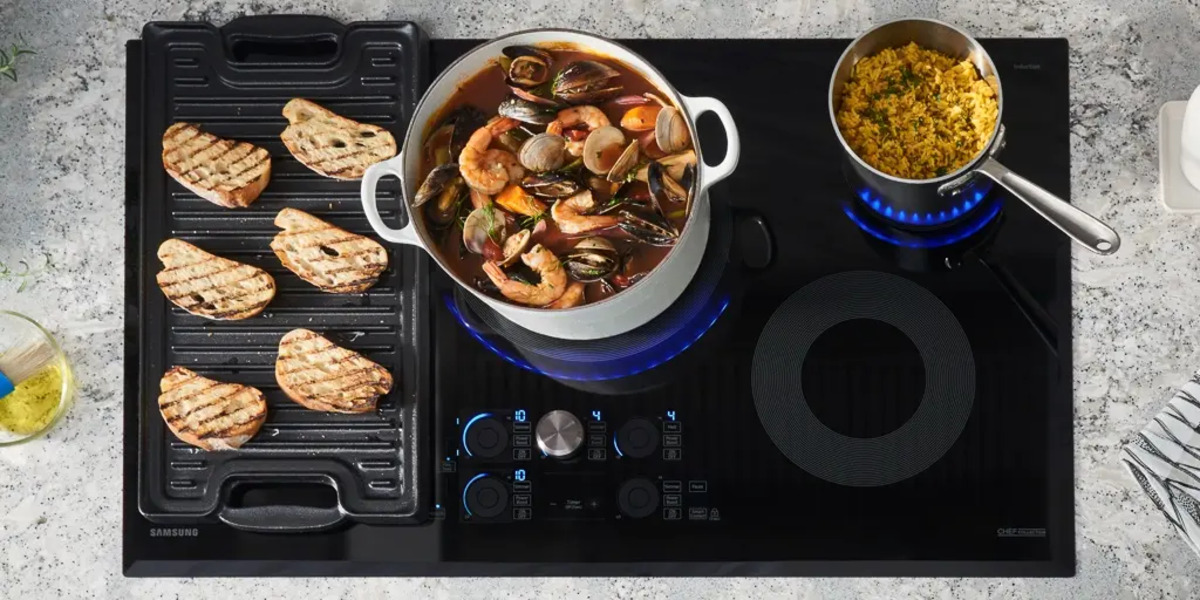
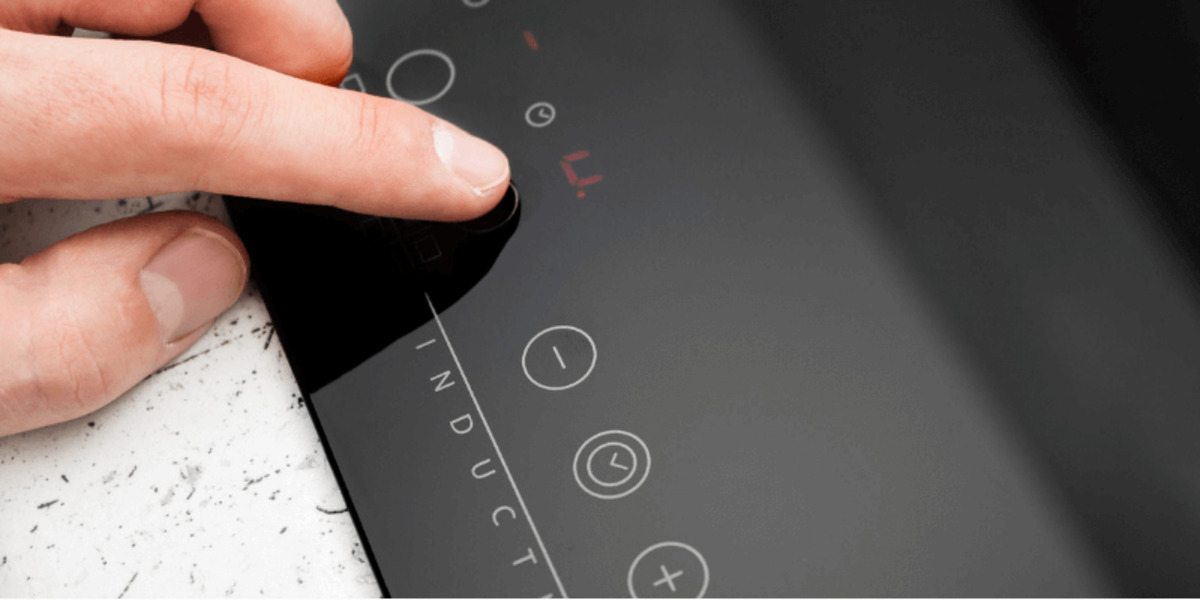
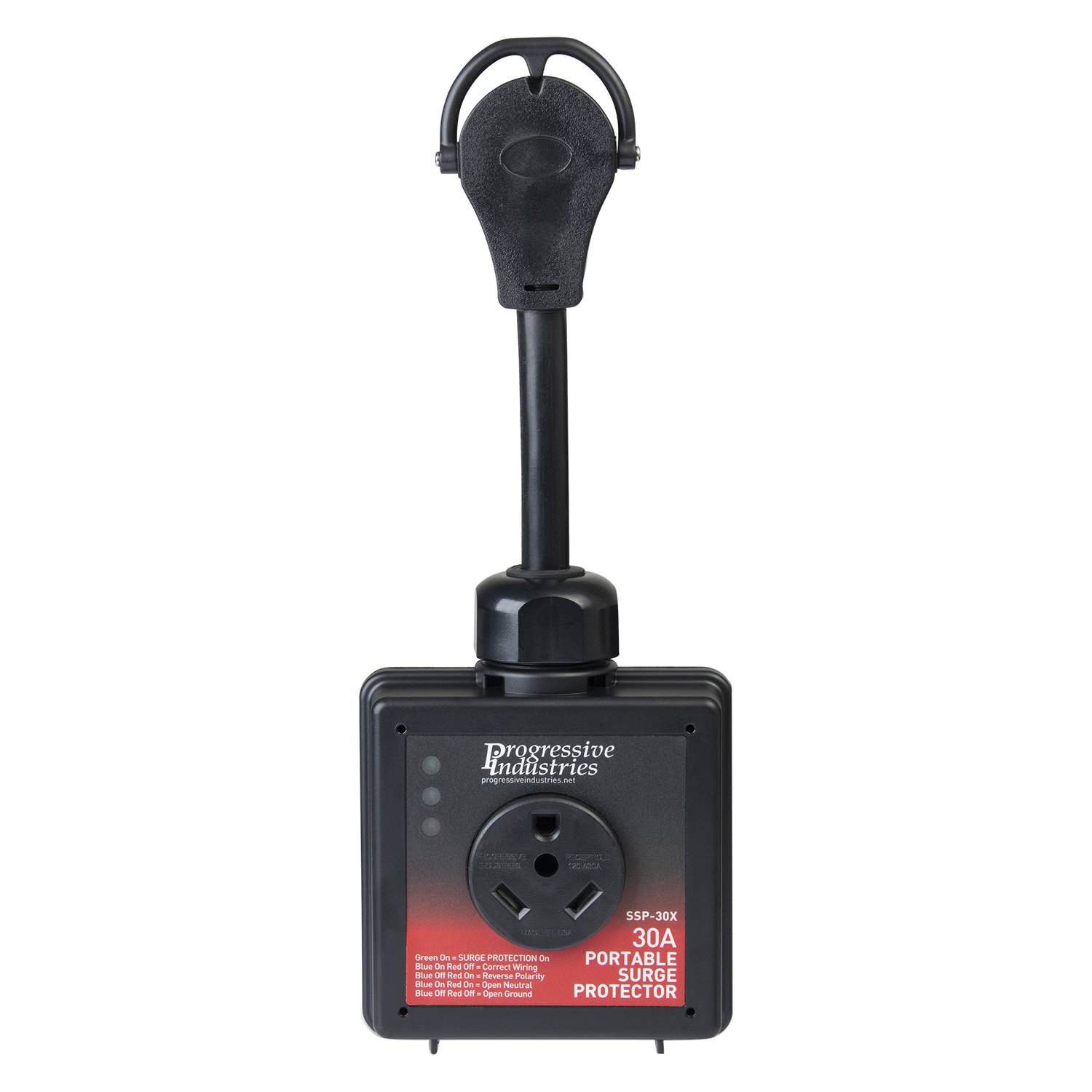
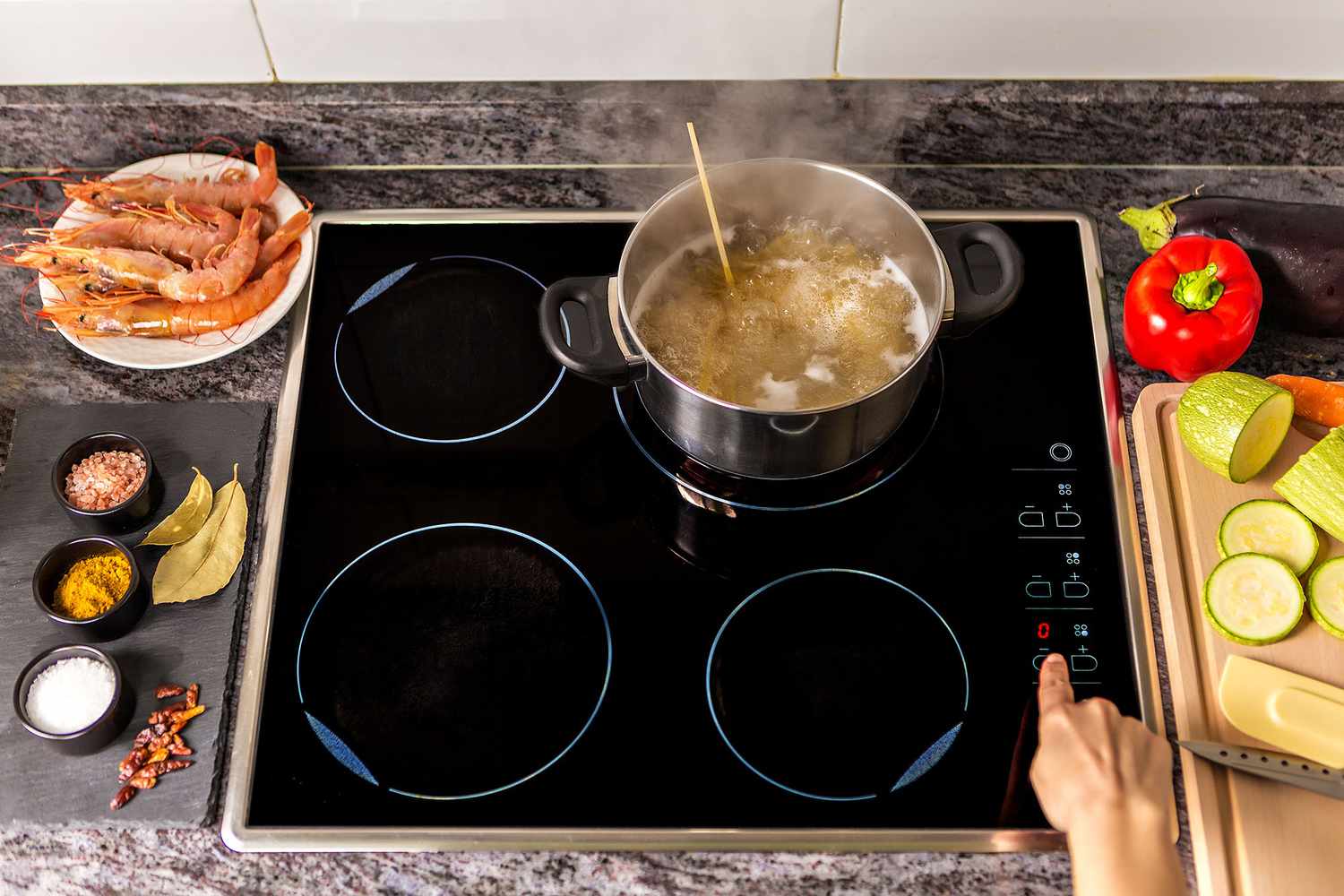

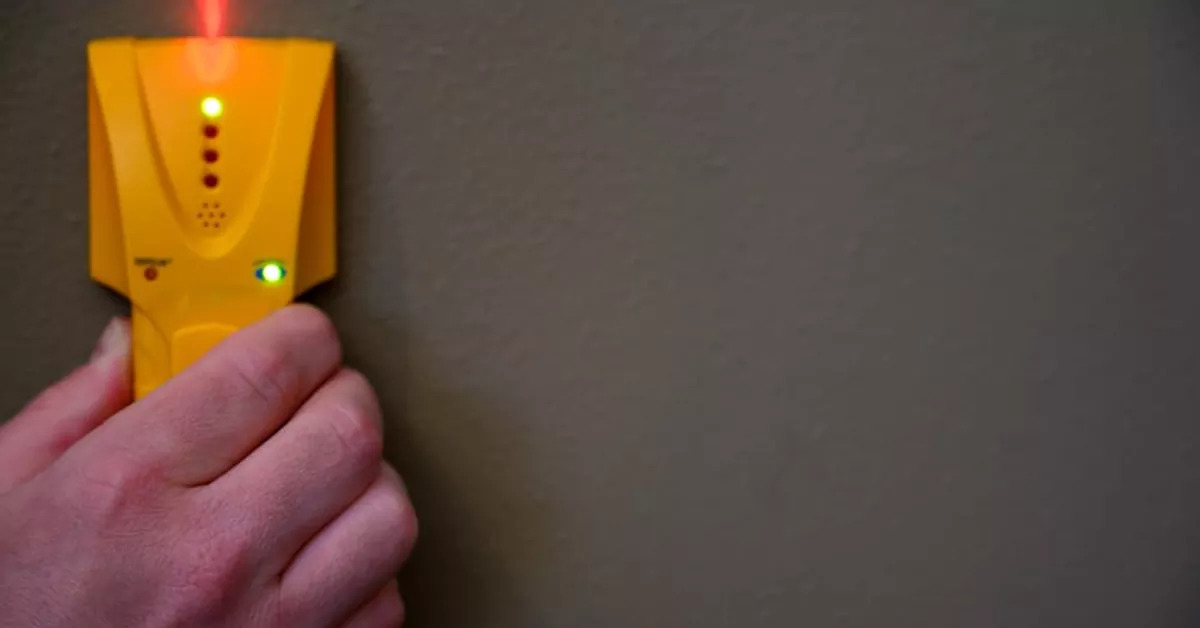
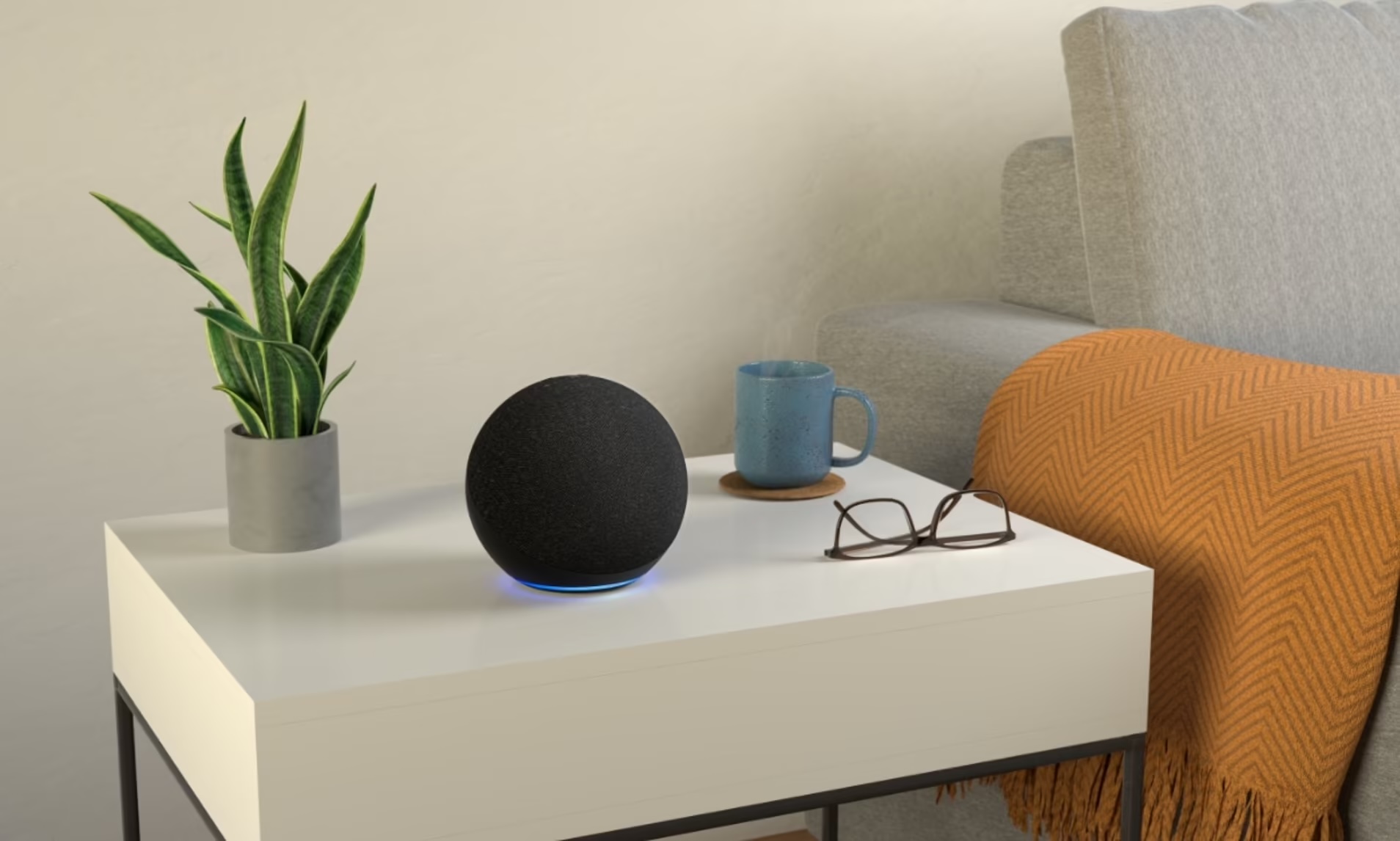

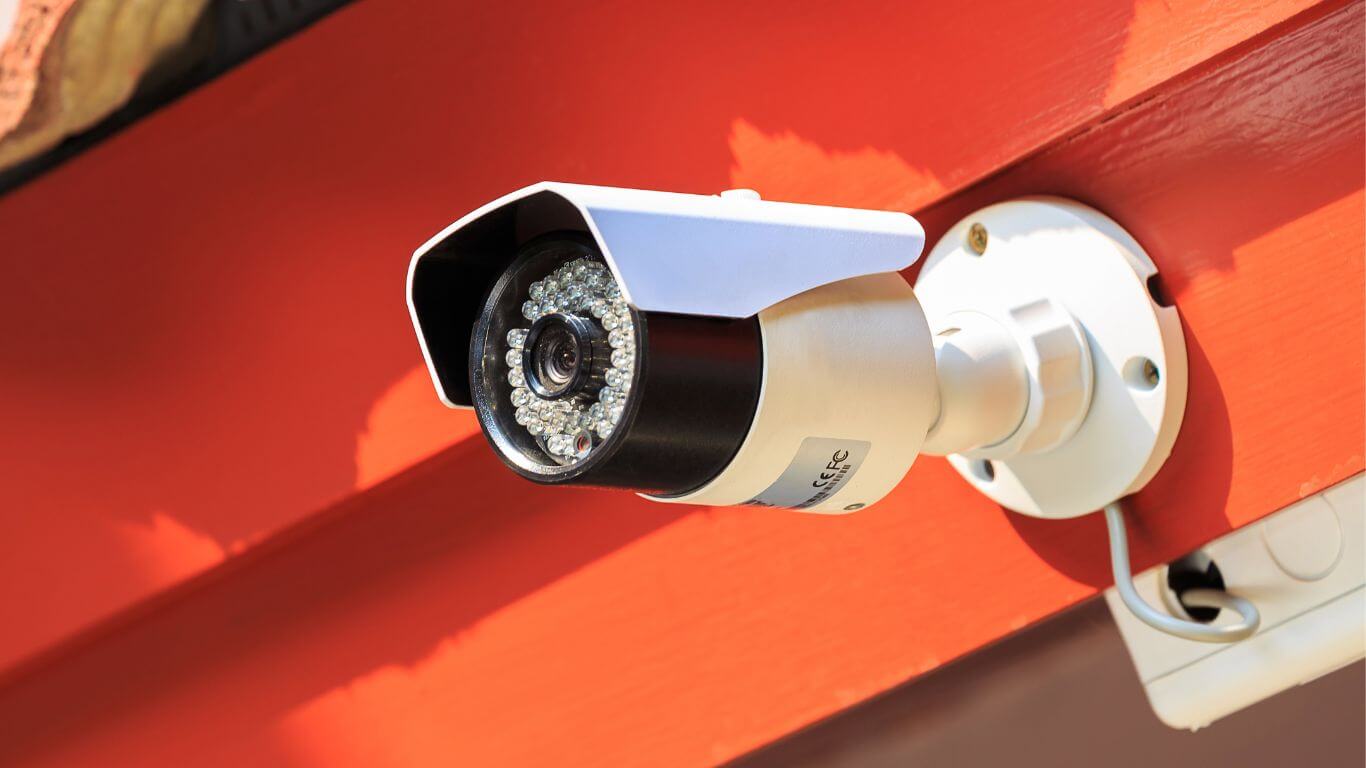
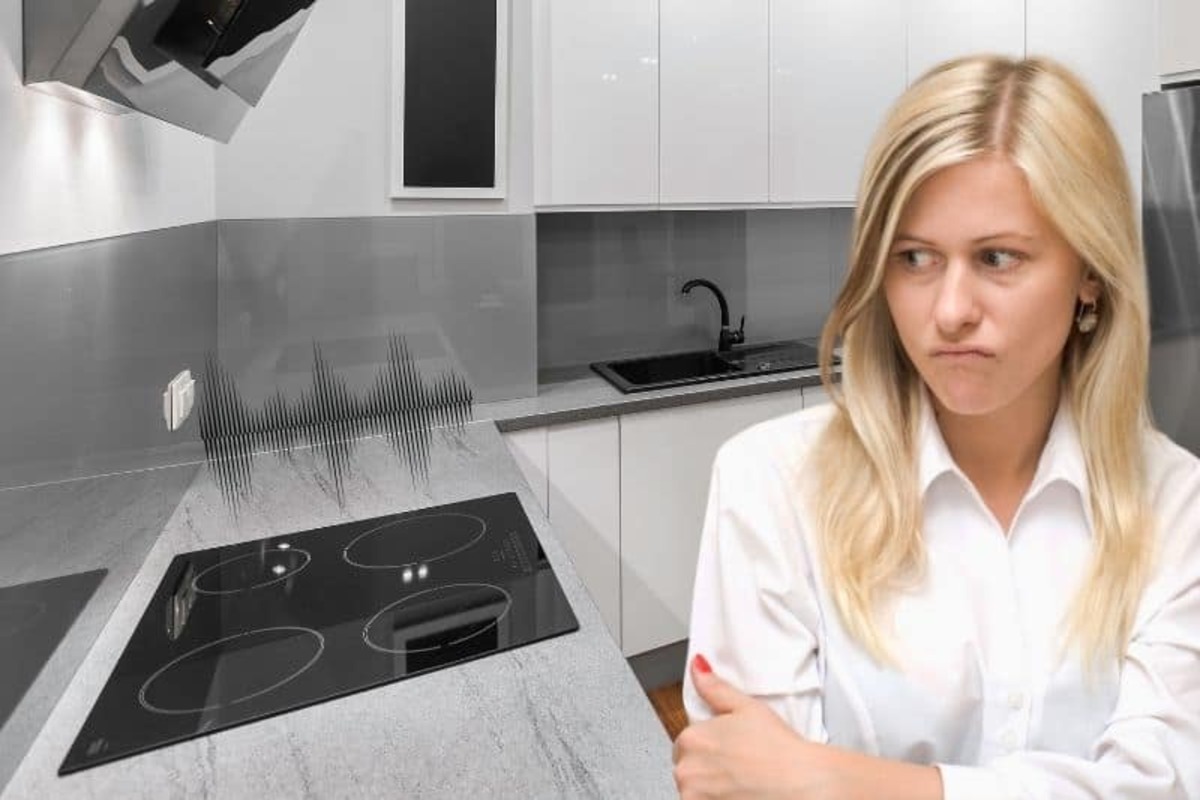
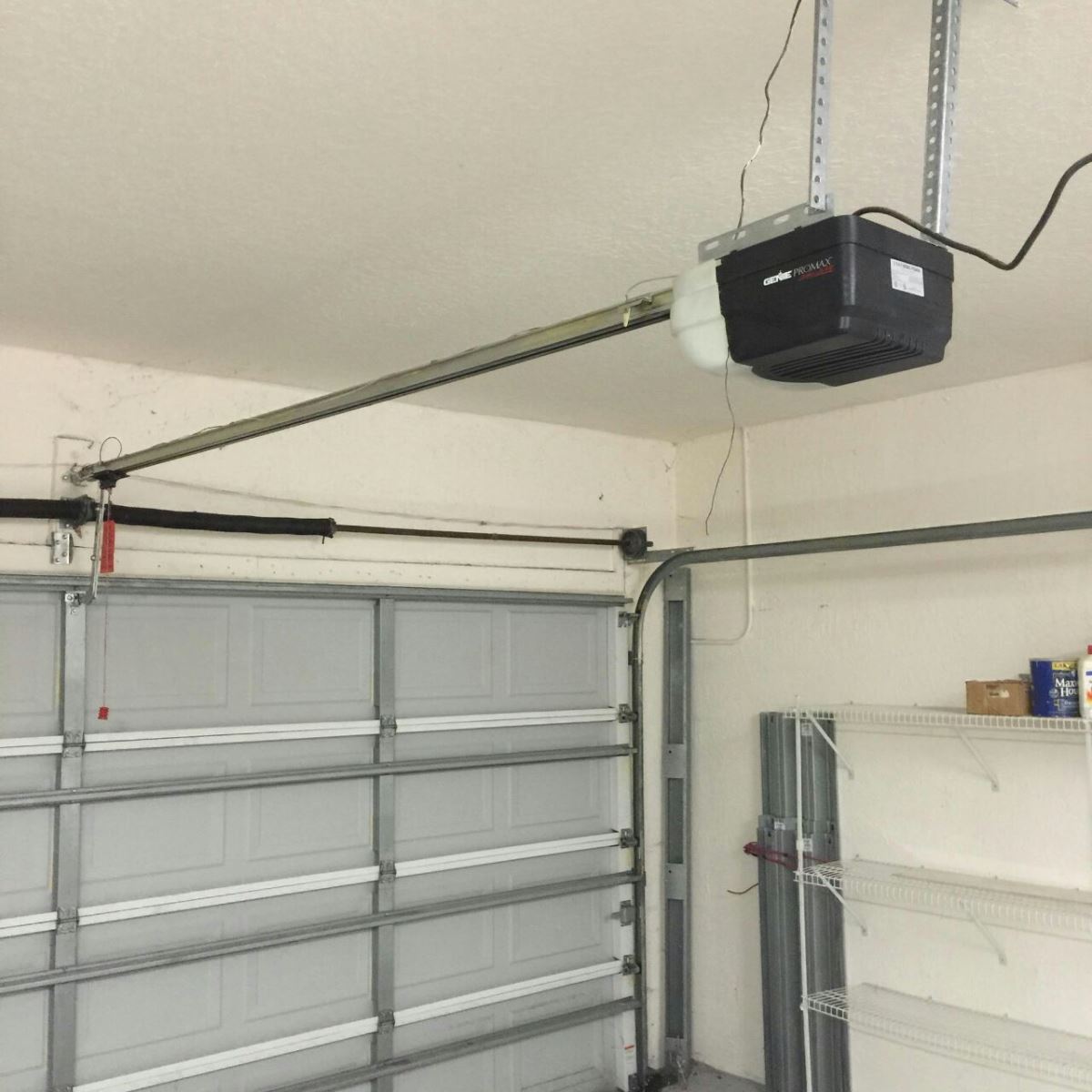

0 thoughts on “Why Does My Induction Cooktop Keeps Beeping”